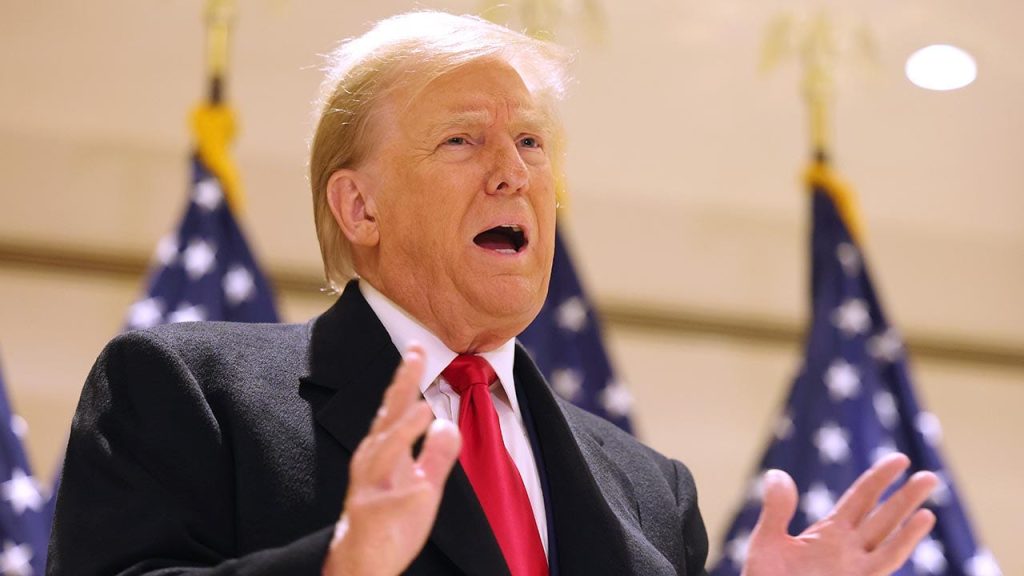Nick Akerman, a former Watergate prosecutor, expressed astonishment at the unprecedented gag order placed on former President Trump in his hush money payments case. According to Akerman, who has over 50 years of experience in law, such restrictions are extremely rare due to the potential consequences of disparaging the court. Trump has been openly critical of the judge, going as far as calling the gag order “illegal, un-American, unconstitutional.” Akerman highlighted the danger of undermining the judicial system with such behavior, questioning how far the First Amendment protections extend before a gag order becomes necessary. The judge cited Trump’s past statements as the basis for the gag order, highlighting the risks posed to the administration of justice.
In response to the gag order, Trump accused Judge Juan Merchan of attempting to infringe upon his First Amendment rights by limiting his ability to speak out against what he perceives as the weaponization of law enforcement. Trump even suggested that the judge’s actions were influenced by his daughter’s political affiliations, further intensifying the conflict between the former president and the court. Despite Trump’s protestations, the judge ruled that Trump must refrain from making public statements about witnesses, counsel, court staff, or jury members in his case. The judge’s decision was based on Trump’s history of threatening and inflammatory remarks targeting various individuals and institutions involved in legal proceedings.
The gag order issued against Trump is one of several such restrictions he has faced in recent months. Former Acting U.S. Attorney General Matt Whitaker expressed concern about the broad implications of gag orders on free speech, warning that judges must exercise caution when imposing such limitations on individuals. Akerman also noted that Trump’s pattern of disparaging and threatening judges, prosecutors, and witnesses could ultimately undermine his legal defense and increase the likelihood of imprisonment. The intensity of the conflict between Trump and the judicial system underscores the challenges of balancing freedom of speech with respect for the rule of law.
The clash between Trump and the court system reflects a broader debate about the boundaries of free speech and the responsibilities of individuals in positions of power. Trump’s refusal to abide by the gag order and his continued defiance against the judiciary could have far-reaching implications for the legal process and the reputation of the former president. As the case unfolds, the balance between protecting the integrity of the judicial system and upholding constitutional rights will remain a central issue. The unprecedented nature of the gag order against Trump serves as a reminder of the complexities and tensions inherent in the intersection of law, politics, and freedom of expression. Despite the contentious environment, it will be crucial for all parties involved to navigate these challenges with a commitment to upholding the principles of justice and fairness.


